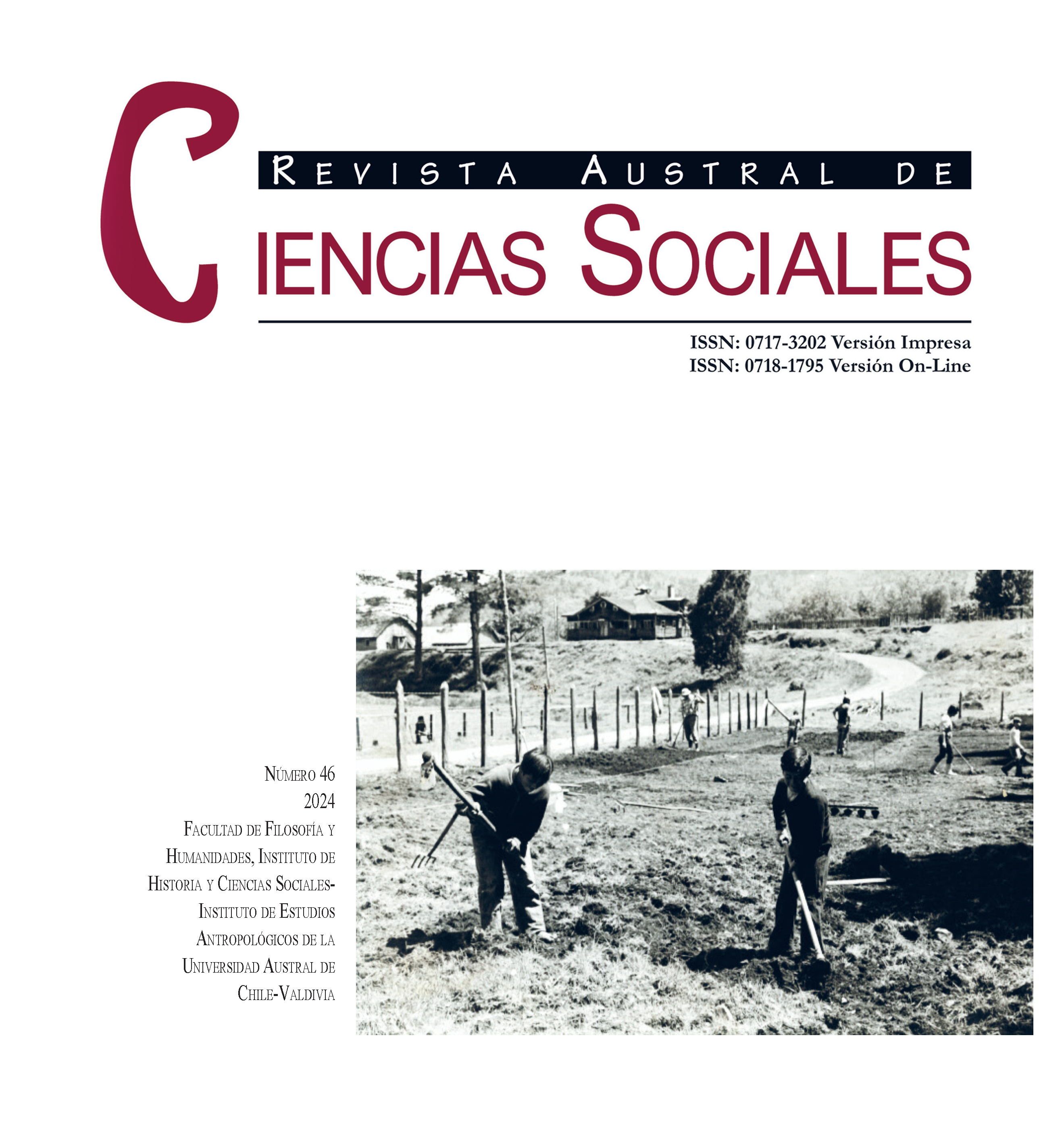National School Feeding Program (PNAE) and the family farming market: a Brazilian historical perspective
Main Article Content
Abstract
The school feeding policy in Brazil emerged in the 1940s, but became official in 1955 (FNDE, 2020) and, over the course of 68 years, there have been several changes in its scope, mainly between 1994 and 2010, contributing to the scope of the policy. Program, especially in the allocation of resources and implementation of actions aimed at food and nutrition security (SAN). The relevance of the PNAE is high because, with the help of the Food and Agriculture Organization of the United Nations (FAO), its methodology has already been replicated in several countries (FAO, 2015). Objective: to review the National School Feeding Program (PNAE) from a historical perspective, bringing an evolutionary picture from its creation in 1955 to 2020. Materials and methods: documentary analysis, focusing on the laws, norms and decrees that regulate the PNAE and the literature review. Results: The findings show that, in recent years, the PNAE has been structured under the pillars of the Food and Nutrition Security market, local production and consumption, and has contributed substantially to the strengthening and development of family farming, which from A set of laws made it possible for the Program to function, both as a social and rural development policy, beyond helping to achieve some of the sustainable development goals of the 2030 agenda.


 https://orcid.org/0000-0002-7569-7434
https://orcid.org/0000-0002-7569-7434